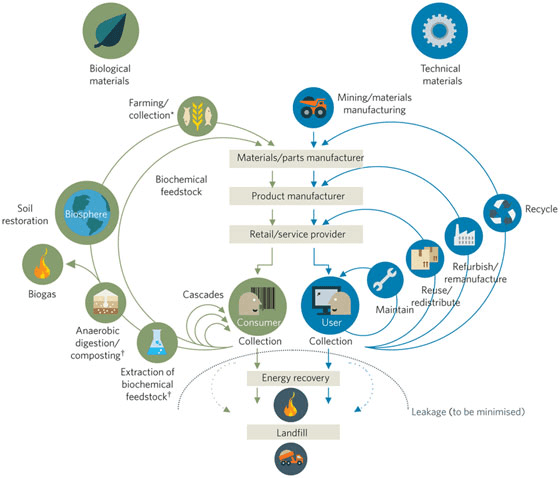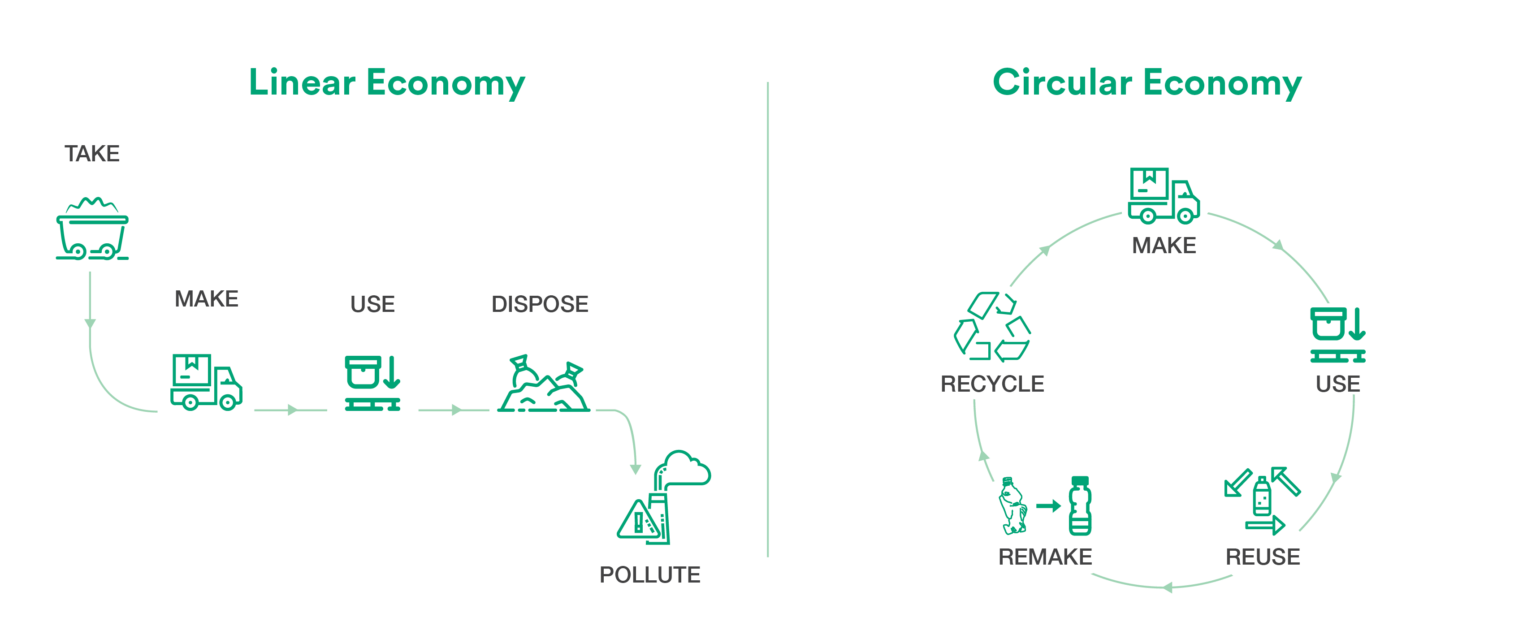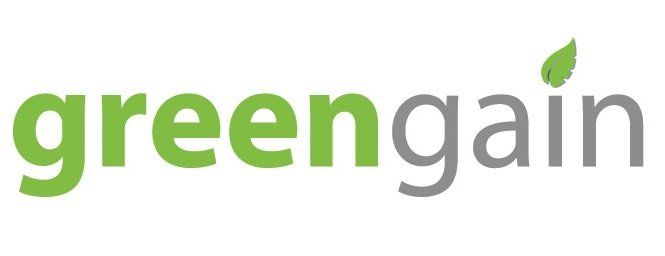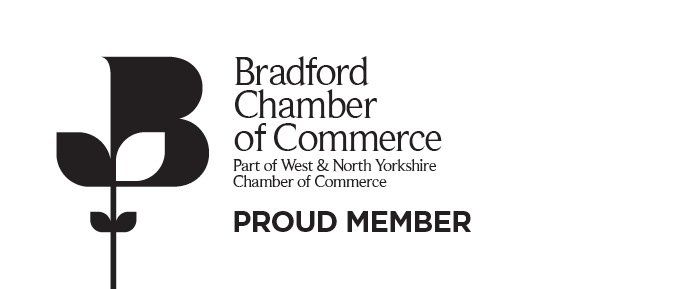Circular Economy

How we supported innovative start-up Revive Eco
Revive Eco is a multi-award-winning waste rejuvenation eco-prise, specialising in the collection and recycling of Used Coffee Grounds (UCGs) to create a range of environmentally beneficial products. Over 95 million cups of coffee are consumed in the UK each day, generating over half a million tonnes of UCG waste every year. The Revive Eco business model involves a UCG collection service, charging a small collection fee per kg, or a gate fee. The UCGs are then recycled to initially extract high-value bio-chemicals. From the residual grounds, Revive Eco creates bio-fertiliser and biomass pellets for sustainable energy.
This business model disrupts the linear (take, make, dispose) approach inherent in coffee consumption and, through reprocessing, redirects the UCGs into raw materials for valuable new markets. With business planning support from Green Gain, Revive Eco secured over £235,000 from Zero Waste Scotland. The funding allowed them to start to commercialise their process.










